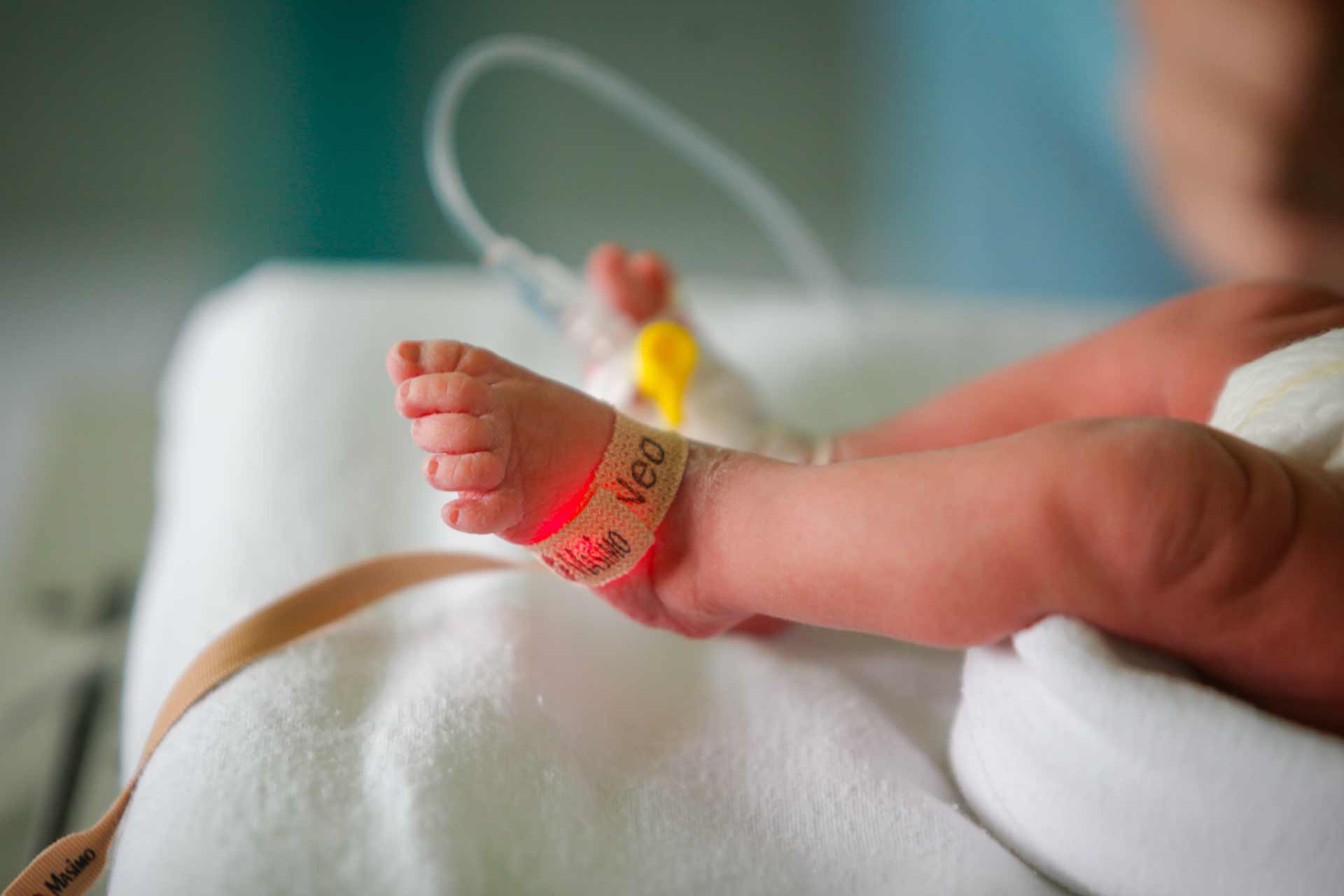[toc]
What is already known on this topic
Premature infants are at high risk for brain damage, and several studies have shown that infections immediately after birth and associated inflammation can worsen the outcome of brain injuries. But little is known about how the gut microbiota influences the early development of the gut, the brain and the immune system in preterm babies.
What this research adds
By studying the gut microbiota of 60 extremely premature infants, researchers found that the overgrowth of the intestinal commensal Klebsiella is associated with increased levels of specific immune cells and a reduced secretion of molecules that help to preserve neuronal structure and function.
Conclusions
The results indicate that an altered development of the gut-microbiota-immune-brain axis can worsen brain injury in preterm babies. These findings also suggest that new therapeutic approaches that target the gut-microbiota-immune-brain axis could help to protect preterm infants from brain injury.
Premature birth is one of the leading causes of perinatal morbidity and mortality worldwide. Now, an analysis of dozens of extremely premature infants suggests that alterations in the development of the gut-microbiota-immune-brain axis can worsen brain injury in preterm babies, leading to life-long neurodevelopmental deficits.
The findings, published in Cell Host & Microbe, suggest that new therapeutic approaches that target the gut-microbiota-immune-brain axis could help to protect preterm infants from brain injury.
“The microorganisms of the gut microbiome — which is a vital collection of hundreds of species of bacteria, fungi, viruses and other microbes — are in equilibrium in healthy people,” says study first author David Seki at the University of Vienna. “However, especially in premature babies, whose immune system and microbiome have not been able to develop fully, shifts are quite likely to occur. These shifts may result in negative effects on the brain,” Seki says.
Premature infants are at high risk for brain damage, and several studies have shown that infections immediately after birth and associated inflammation can worsen the outcome of brain injuries. To understand how the gut microbiota influences the early development of the gut, the brain and the immune system in preterm babies, Seki and his colleagues studied the gut microbiota of 60 infants born before 28 weeks of pregnancy.
Besides analyzing the microbiota of these extremely premature infants, the researchers also monitored their neurophysiological development for up to 32 weeks after birth. Brain injuries were identified through ultrasound imaging and magnetic resonance imaging.
Brain damage
Of the 60 infants, seven died, 38 showed no or only mild brain injuries, and 15 had severe brain injuries. Newborns with brain injury showed a pro-inflammatory immune response and elevated levels of specific immune cells called γδ T cells, which appeared to exacerbate brain damage, the researchers found.
Overall, the gut microbiota of extremely premature infants was dominated by 10 genera of microbes, including Bifidobacterium, Escherichia-Shigella, Lactobacillus, Streptococcus, and Klebsiella. Further analyses showed that the overgrowth of Klebsiella in the infant gut was linked to elevated levels of γδ T cells as well as increased brain injury.
“We were able to track down these patterns because, for a very specific group of newborns, for the first time we explored in detail how the gut microbiome, the immune system and the brain develop and how they interact in this process,” says study co-senior author Lukas Wisgrill at the Medical University of Vienna.
Identifying patterns
The combined analysis of the microbiota and of clinical, immunological, and neurophysiological data revealed that the strongest biomarkers of brain injury included elevated gut levels of Klebsiella and specific T cell populations such as γδ T cells.
High levels of Klebsiella were associated with increased numbers of γδ T cells and pro-inflammatory immune molecules, and with a reduced secretion of molecules that help to preserve neuronal structure and function.
“We have been able to identify certain patterns in the microbiome and immune response that are clearly linked to the progression and severity of brain injury,” says study co-senior author David Berry. “Crucially, such patterns often show up prior to changes in the brain. This suggests a critical time window during which brain damage of extremely premature infants may be prevented from worsening or even avoided.”
The researchers now plan to keep following the children to monitor their motor and cognitive skills over time. “The children’s parents have supported us in the study with great interest and openness,” Seki says. “Ultimately, this is the only reason we were able to gain these important insights. We are very grateful for that.”









